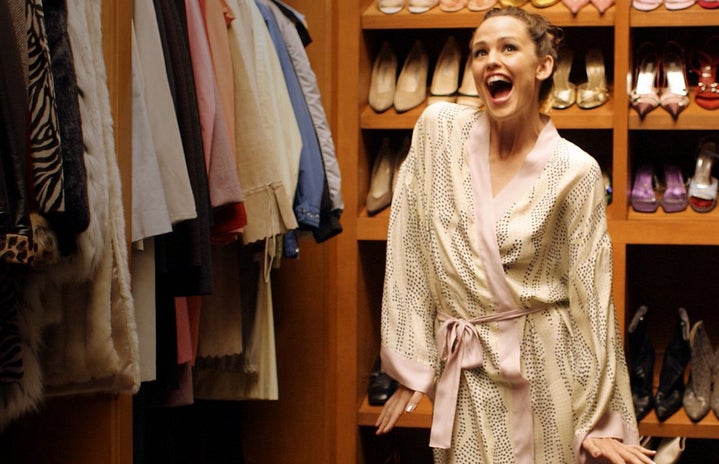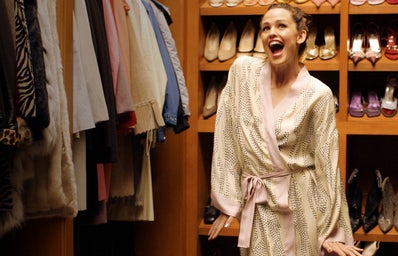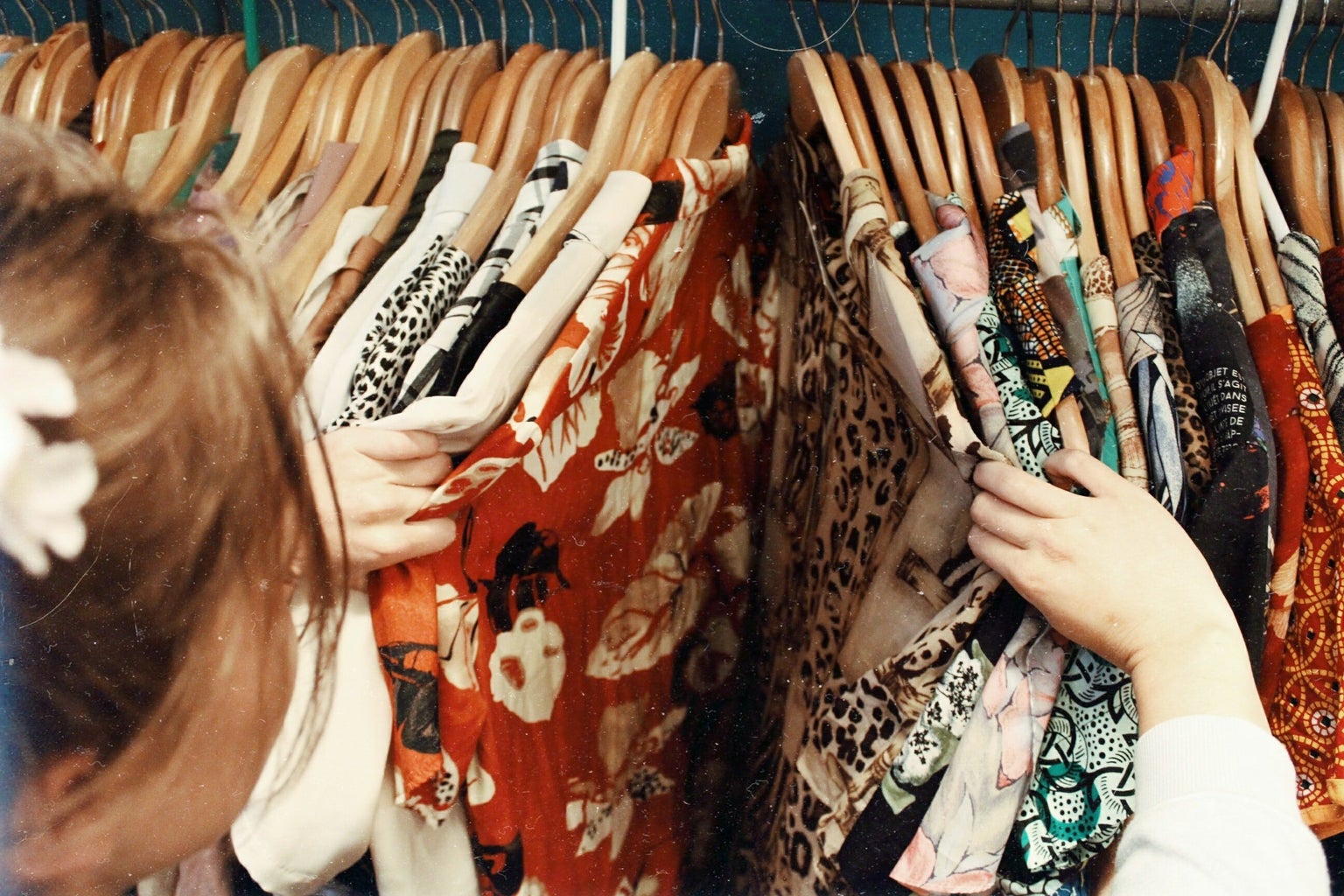Most days I wake up with no alarm. On my best days, the warm sun peeks perfectly through the blinds to gradually bring me out of a deep dream. I realize I’ve rolled over hours before my first obligation of the day with plenty of time to spend on my morning routine. There’s yoga, breakfast, tea and at least half an hour of obsessing over the details of my outfit from head to toe.
As a busy college student, there is often another side of the coin to this relaxing routine. In all honesty, these occasions are when I’ve overslept. This one change sends fashion flying down my list of importance and drastically changes my day. I jolt out of bed in a hurry, straight to preparing for the first task of the day. For the sake of time, my clothing choices are limited to a hoodie and leggings combination.
Whenever I do have the extra time in the morning to craft an outfit, I notice a world of a difference in my emotions. My mood is more upbeat and positive and I have more energy and enthusiasm. We’re often taught the old age saying of “dressing for success” before a big presentation or performance. But, why is this?
In 2012, scientists coined the term “enclothed cognition” in relation to the “systematic influence that clothes have on the wearer’s psychological processes.” The two researchers proposed that “enclothed cognition involves the co-occurrence of two independent factors—the symbolic meaning of the clothes and the physical experience of wearing them.”
I enjoy dressing up because I feel more beautiful and confident when taking the extra effort to craft an outfit for myself. I also see style as a way to creatively express myself and whatever my mood is for the day. Emotional scientist Tracy Thomas told HuffPost “human beings really need the aesthetics of life to be good in order to have an elevated mood” and added that those who underdress regularly can become “less and less productive because you’re not really celebrating your life.”
Interestingly, studies have proven that dressing down can positively affect one’s stature in a professional setting. The Association for Psychological Science blog discussed the “red sneakers effect,” in which people who go against the workplace dress code are seen as more competent at their jobs. The study cited found “after controlling for the attendees’ gender, age and years since receiving their Ph.D., the researchers found that wearing jeans and a t-shirt to a conference was significantly correlated with research productivity” opposite to what one might assume is true.
These phenomena have become since the advent of the COVID-19 pandemic due to several factors. Stay-at-home orders changed societal expectations of what is considered normal personal and professional attire. As we communicated through Zoom and FaceTime, cozy comfort outfits soon replaced the classic T-shirt and jeans combination. In addition, the freedom from work dress codes and school uniforms presented opportunities for the development of personal style.
Today, the personal psychology behind personal style is largely a reflection of one’s level of preference for comfort and/or self-expression. Wherever we may lay on the spectrum, dressing in the way that makes you feel the most confident can transform every aspect of your day-to-day life.



